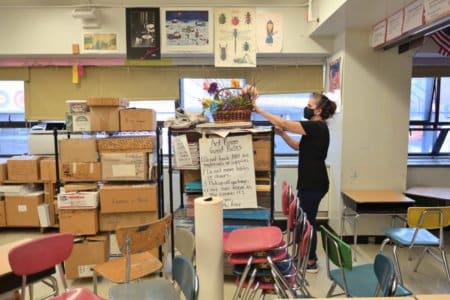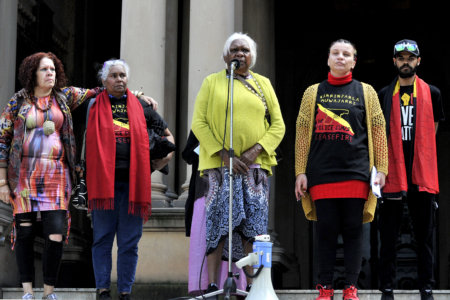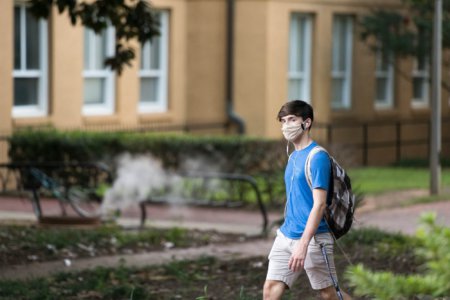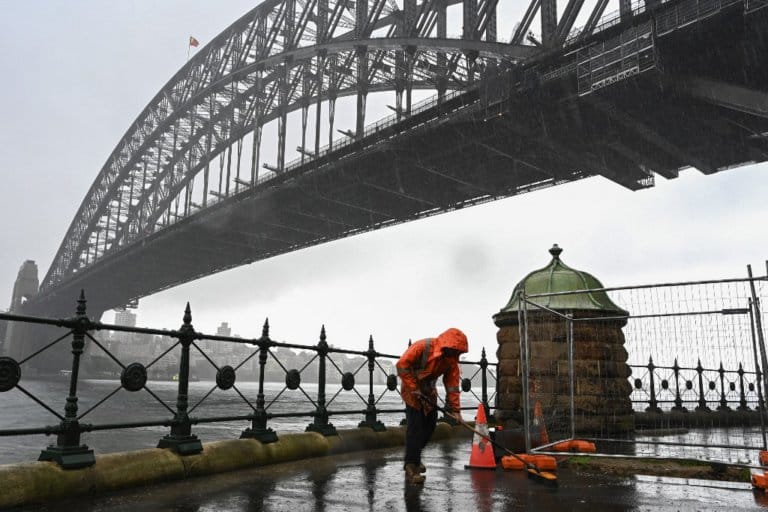
There is a story doing the media rounds that international students – particularly from China – will now “flood” back to Australia. It is claimed this will push up already high rents for scarce housing in our major cities.
This story is one of three myths that risk setting up international students as scapegoats for Australia’s ongoing housing crisis. However, immigration data and our monitoring of social media, where international students share their experiences, simply don’t support these narratives.
Indeed, these students’ social media posts highlight the challenges they are facing, including scams that seek to exploit their difficulties in securing accommodation.
What’s behind this story?
Part of this story stems from a Chinese government announcement in January that students will no longer have their degrees certified if they study online. This means students who have been studying with our institutions while based in China during the pandemic are being encouraged to return to campus.
The announcement was made less than two weeks before the start of the university year. It left students and institutions rushing to make sense of the change.
Media reports have since warned “more than 40,000 Chinese students” are about to arrive in Australia as a result. This has heightened fears about their impact on rents.
We use AI technology to listen to what international students are talking about on open online platforms such as Facebook, Twitter, Instagram and online forums. We also monitor Chinese platforms such as Weibo. We read comments students make about media posts to determine their reactions to events and issues.
We also monitor what Australians are saying about international students on platforms such as Twitter, Facebook and YouTube. This allows us to understand how the local community is responding to international students and to better understand the challenges students are facing.
Lately we are seeing negative sentiment on social media towards international students in Australian cities. Some claim these students pose a risk to local housing security. For example, one post reads:
Australia more interested in housing overseas students in high rise dog boxes than in its own residents.
Another reads:
All these international students taking up homes meant for Australians. Why aren’t Aussies being prioritised here?
Fears like these are being fuelled by three key myths that are increasingly circulating during the rental crisis.

Locals believe international students pose a risk to their housing security. Source: Muhammad Farooq/AFP
Myth 1: 40,000 arrivals from China are imminent
Many of Australia’s international students have already arrived in time for the university year. As for Chinese international students who are currently offshore, myriad challenges are delaying their return to Australia. These include high airfares, visa delays, Australia’s requirement they provide evidence of a negative COVID-19 test and difficulties leaving jobs they have in China.
Australia’s housing crisis is being widely reported on Chinese social media. Students are actively talking about difficulties with accommodation and are worried about arriving without first securing a bed. One student’s post directed towards the Chinese government, “Are you asking us to sleep under the Sydney Harbour Bridge?”, attracted hundreds of reactions.
At a recent Senate estimates hearing, the Department of Home Affairs confirmed there had not been a significant spike in visa applications since the Chinese government’s announcement. A full return of students to Australia’s universities is not expected until later in 2023.

Many international students can’t afford inner-city living. Source: Saeed Khan/AFP
Myth 2: all these students can afford inner-city apartments and high rents
Survey analysis by global education services provider Navitas recently found the cost of study has risen from the fifth-most-important consideration to the second-most-important consideration for Chinese students deciding where to study abroad.
While some students may be able to afford top-price inner-city living, many can’t. And many of those who are already here are struggling with the cost of living. As one student posted:
It already costs so much for us to pursue studies in Australia but now it costs much more to afford basic needs. Already on loan and not all of us students come from rich families. I hope this is raised and some help is offered to those of us who are struggling.
The cost of living in the inner city is leading students to seek advice online from their peers in Australia about living in suburbs further away from campus. There is a need for information to be provided to these students about alternative suburbs, including travel times and facilities, along with reassurances about safety and cost.
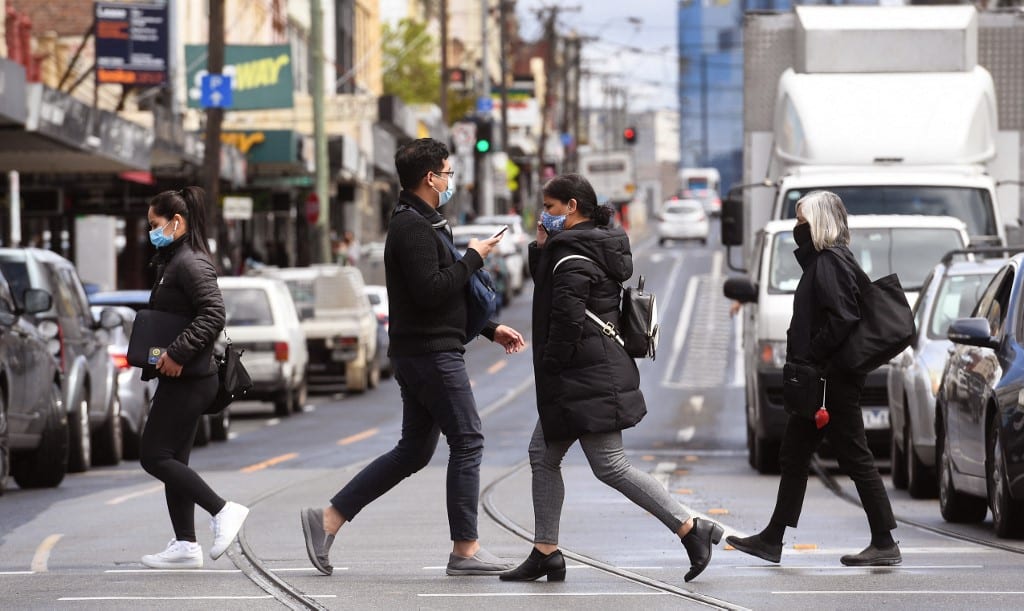
Securing a property is actually tough for international students as landlords consider them “high risk.” Source: William West/AFP
Myth 3: students can walk into properties
International students who have not been in Australia for the past few years lack the rental and financial history that landlords require. Online, students talk about feeling discriminated against, with landlords considering them “high risk”.
Some students recount being asked for two or three months’ rent in advance to secure a property. Others are voicing fears about being scammed as a result of their lack of a paper trail.
I was asked to pay 2 months rent on top of my bond to secure a spot. I was told international students are not trustworthy so they required more payment upfront. Is this legal?
In recent weeks, various scams targeting international students have been aired on social media. These range from “fake” real estate agents requesting hefty deposits, and agents charging a month’s rent to “hold” the property, to threatening students who do not comply that this will slow down visa processing.
In response, the Chinese consulate in Sydney has issued a warning to students. The notice urged students to be wary of rental scams and to take care to ensure their safety and security in their dwellings.
The return of international students is an important sign of economic and urban recovery in Australia. Students support local economies as tourists, consumers, taxpayers and a vital source of labour.
Unless the challenges they face on their return are seen and addressed, we risk this group of young people being turned into scapegoats for a housing crisis that is the result of domestic policy failures over many years.
By Angela Lehmann, Honorary Lecturer, College of Arts and Social Sciences, Australian National University
This article is republished from The Conversation under a Creative Commons license. Read the original article.








